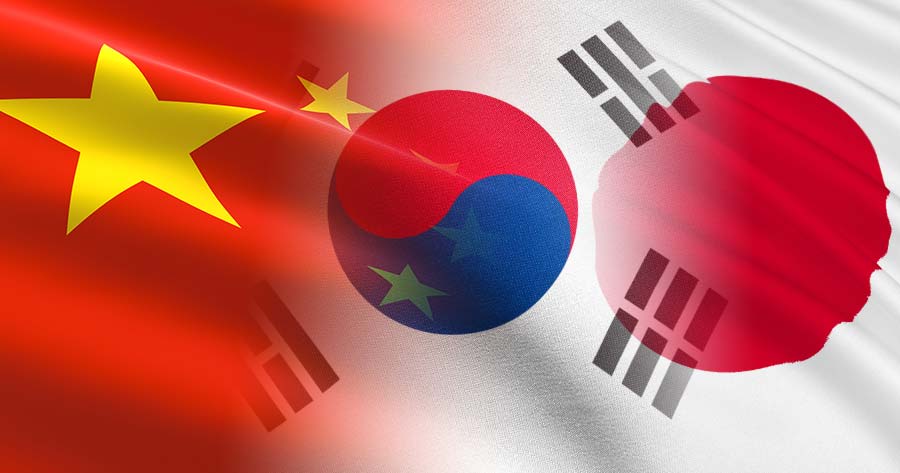Chinese Premier Li Qiang commended the reconciliation in relations with Japan and South Korea as he engaged in the first trilateral talks in four years on Monday, expressing a joint commitment to rejuvenate trade and security discussions that had been hindered by global tensions.
During the meeting in Seoul with South Korean President Yoon Suk Yeol and Japanese Prime Minister Fumio Kishida, the focus was on reviving negotiations for a three-party free trade agreement that had been at a standstill since 2019.
At the outset of the summit, Li described the gathering as a “fresh start and a new commencement,” emphasizing the need for a full reinstatement of cooperation among the major economies in East Asia. He emphasized the importance of separating political matters from economic and trade issues, urging an end to protectionism and the disentanglement of supply chains.
As reported by Reuters, Li affirmed, “For China, South Korea, and Japan, our close ties will not change, the spirit of cooperation achieved through crisis response will not change and our mission to safeguard regional peace and stability will not change.”
Although the meeting was viewed as a step forward for the three nations, whose relations have been marked by suspicion and tension, rather than constructive interaction, it was perceived more as an effort to reduce conflicts rather than overhaul geopolitical dynamics, according to Leif-Eric Easley, a professor at Ewha University in Seoul.
With China and U.S.-allied South Korea and Japan navigating mutual distrust amidst the rivalry between Beijing and Washington, tensions over Taiwan, and North Korea’s nuclear program, Yoon and Kishida have moved towards closer alignment with each other and Washington, engaging in unprecedented trilateral cooperation with the United States on military and other initiatives.
In response to U.S. President Joe Biden’s imposition of barriers to Chinese imports, including increased tariffs on various items like electric vehicle batteries and computer chips, Li articulated the need to advocate for multipolarity globally and oppose the formation of blocs or alliances.





